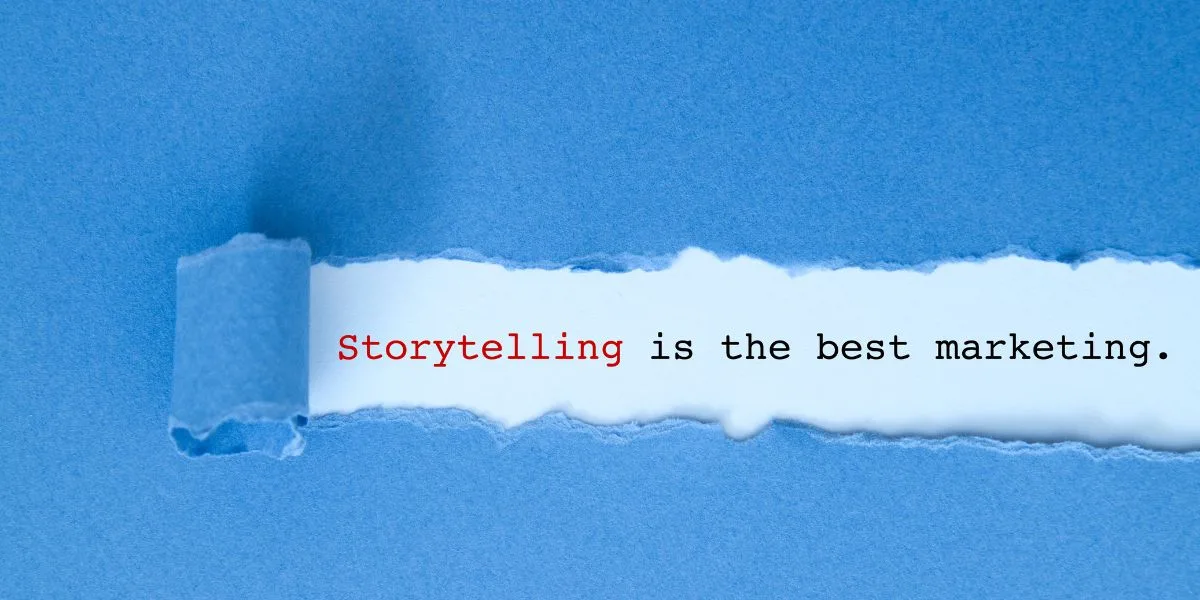Listen to this Article
In today’s fast-paced and interconnected world, people see many marketing messages every day. These come from emails, social media ads, flyers, and commercials. For small businesses, standing out in this crowd can be tough. This is where the importance of personalization comes in. By tailoring your marketing to meet the unique needs of your audience, you can build stronger relationships, gain trust, and get better results.
Personalization isn’t just a trendy idea—it’s a proven way to grow your business. It helps create meaningful connections with your customers, which can set you apart from competitors. Let’s explore why it’s important, its benefits, and how small businesses can start using personalized marketing strategies effectively.
What Is Personalization in Marketing?
Personalization in marketing means customizing messages, offers, and experiences for each customer based on their preferences, behavior, or demographics. It’s more than just using a customer’s name in an email—it’s about showing you truly understand their needs and preferences.
For example, instead of sending the same email to everyone on your list, a financial advisor could divide your audience into groups based on their life stages, risk tolerance, or financial goals. Or, they might send one email about retirement planning to clients in their 50s and another about college savings to young families. By tailoring your approach, you create messages that resonate more deeply with each group.
Why Personalization Matters for Small Businesses
Here are five key reasons explaining the importance of personalization for small businesses:
1. Stronger Customer Relationships
When your marketing feels personal, customers feel valued. By addressing their specific needs and preferences, you can build trust and encourage loyalty. Over time, this relationship can turn first-time buyers into long-term supporters of your business. For small businesses, where relationships are often the backbone of success, this is especially critical.
2. Higher Engagement Rates
People are more likely to pay attention to content that feels relevant to them. Personalization can boost email open rates, increase clicks on social media ads, and even improve attendance at events. For example, an email with a subject line tailored to the recipient’s recent legal inquiry, such as “Steps to Resolve Your Property Dispute” or “Your Guide to Filing a Personal Injury Claim,” is more likely to be opened.
3. More Conversions and Revenue
When your message aligns with what your audience wants, they’re more likely to take action—whether that’s signing up for a service or attending an event. Personalization ensures your marketing efforts are focused on what truly resonates with your customers.
4. Standing Out From Competitors
In a crowded marketplace, personalized experiences can help your business shine. Customers appreciate the extra effort and are more likely to choose a business that understands their needs over one that doesn’t.
5. Better Use of Resources
Small businesses often have limited budgets. Personalization allows you to focus your efforts on your most interested audience, making your marketing more efficient and cost-effective.
Discover How Personalization Increases Your Reach
If you want to see increased responses for your seminars, webinars, or educational workshops, you need to include personalization. Get your free download to learn how it works.
The Benefits of Personalization in Marketing
The benefits of personalization go beyond immediate sales. They include:
Happier Customers
Tailored experiences make customers feel appreciated and understood. When a customer sees content or receives offers that align with their interests or needs, it fosters a sense of connection. This improved customer satisfaction can lead to more positive reviews, fewer complaints, and stronger relationships.
Improved Brand Image
Personalization signals to your audience that your business values their individuality and preferences. This effort to cater specifically to their needs enhances your reputation, positioning your brand as customer-centric and forward-thinking. A strong brand image built on trust and understanding attracts more customers and strengthens your market presence.
Increased Loyalty
Customers who feel valued through personalized interactions are not only more likely to return but also more inclined to advocate for your business. A sense of loyalty develops when customers consistently experience that their preferences and feedback matter. These loyal customers often become ambassadors for your brand, spreading positive word-of-mouth that drives organic growth.
Valuable Insights
Personalization efforts generate actionable data about your audience. By analyzing customer interactions, preferences, and buying habits, you can identify trends that inform future campaigns, product development, and service enhancements. These insights empower you to anticipate customer needs, make data-driven decisions, and maintain a competitive edge.
Incorporating personalization into your marketing strategy isn’t just a trend—it’s a powerful way to elevate the customer experience, strengthen your brand, and build lasting relationships.
How to Use Personalized Marketing Strategies
Using personalized marketing strategies doesn’t have to be complicated. Here are some steps to get started:
1. Collect and Study Customer Data
Start by gathering information about your customers. This could include basic details like age, location, and gender, as well as more specific data like purchase history or website activity. Surveys and polls can also provide valuable insights into their preferences.
2. Divide Your Audience
Once you have enough data, group your customers based on shared traits or behaviors. For example, a coffee shop might create one group for customers who frequently buy lattes and another for those who prefer black coffee.
3. Create Targeted Campaigns
Use what you know about each group to craft marketing messages that speak directly to them. For instance, you could send a special discount code to customers who haven’t shopped with you in a while to encourage them to return.
4. Use Automation Tools
Tools like email automation platforms can help you send personalized messages to the right audience at the right time. These tools can also track customer actions, such as email clicks, to help you measure success.
5. Test and Improve
Personalization isn’t a one-time effort. Regularly test different approaches to see what works best. Use metrics like open rates, click-through rates, and sales to refine your personalized marketing strategies and achieve better results.
6. Partner with Experts
For small businesses looking to take their personalization efforts to the next level, partnering with a company like LeadingResponse can provide the expertise and resources needed to succeed.

Real-World Examples of Personalized Marketing
- Personalized Emails
- Instead of sending the same email to everyone, tailor your message to specific groups. For example, a financial advisor could send one email about retirement planning to clients in their 50s and another about college savings to parents of young children.
- Targeted Social Media Ads
- Platforms like Facebook and Instagram allow you to create ads for specific groups based on age, interests, or online behavior. For instance, a pet supply store might target dog owners with promotions for leashes and toys.
- Customized Event Invitations
- When promoting events like seminars or workshops, personalized invitations that align with attendees’ interests or goals can significantly increase engagement and attendance.
How LeadingResponse Uses Personalization to Help Small Businesses
LeadingResponse understands the benefits of personalization for building connections and driving results. Here’s how we help:
- Using Data to Understand Your Audience
- We analyze customer behavior, purchase history, and demographics to create a clear picture of your audience. This helps us design strategies that truly resonate with them.
- Tailored Messages
- Our team helps businesses deliver the right message to the right people at the right time. This includes crafting personalized emails, ads, and social media campaigns that connect with your audience.
- Better Response Rates
- By focusing on personalization, we’ve helped businesses increase response rates by up to 45%. This means more leads, higher engagement, and increased sales.
- Improved Event Marketing
- When it comes to seminar marketing, personalization can make a significant difference because it ensures that invitations reach the right people. This results in higher attendance and more meaningful interactions at your events.
Now is the Time to Grow
Master your first impression, increase your personalization, and close more business. Sign up now for your free consultation and get started.
Why Personalization Is the Future of Marketing
As technology continues to improve, personalization will become even more essential. Today’s customers expect businesses to deliver relevant, customized experiences. Small businesses that embrace personalized marketing strategies will have a competitive edge in the future.
By focusing on personalization and using the right tools, even small businesses with limited resources can achieve big results.
Take the Next Step
Ready to see how personalization can transform your small business? Contact LeadingResponse today to learn more about our personalized marketing solutions and how they can help you achieve response rates up to 45% higher. Let’s work together to make your marketing efforts more impactful than ever before.












